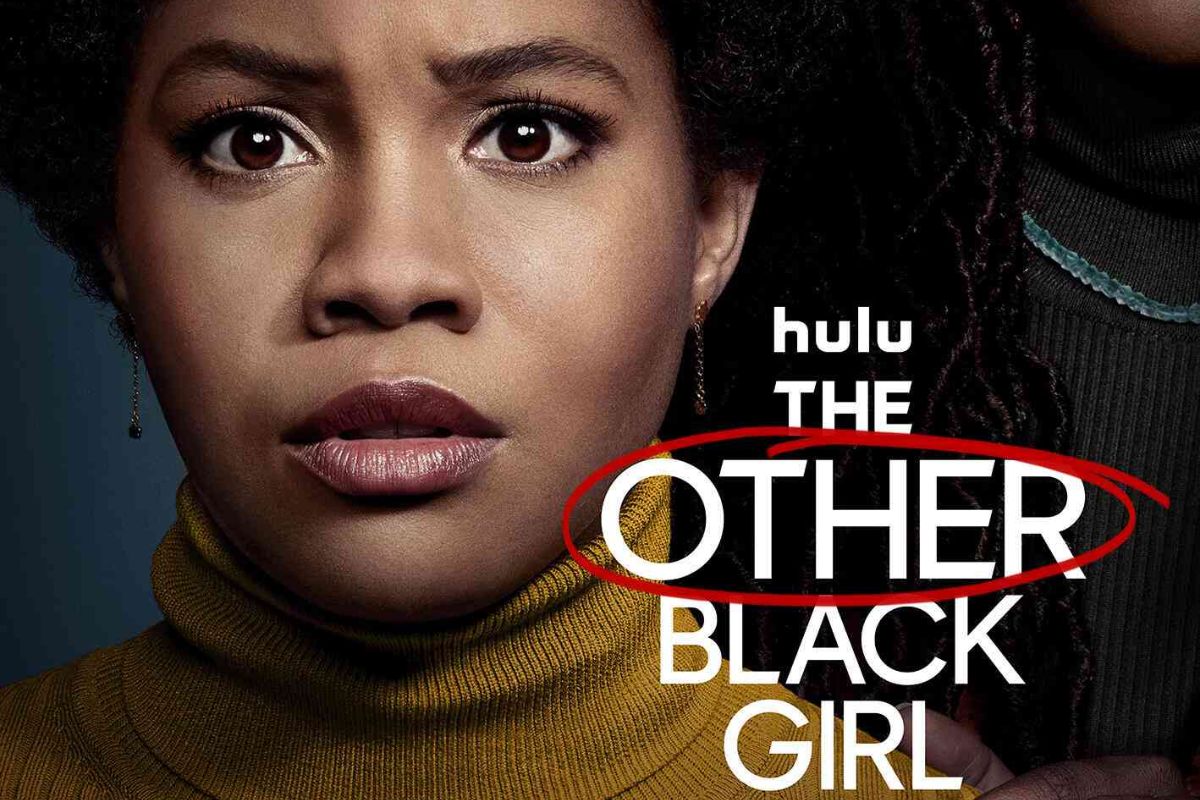The Two Biggest Changes in the Hulu Adaption of ‘The Other Black Girl’

Author Zakiya Dalila Harris wrote the book The Other Black Girl and adapted the screenplay for the Hulu series. The story follows a young, Black woman, Nella (Sinclair Daniel) aspiring to be a book editor at the publisher of her all-time favorite novel, Burning Hearts. Isolated as the sole Black person in her office, she’s ecstatic to learn of the hiring of another Black woman. That is until strange and disturbing events start to happen one after another. Writing the show after the success of her novel, allowed Harris to tweak elements of the story and give more perspective to the story. The biggest change to many was likely the expansion of her new co-worker, Hazel-Mae’s (Ashleigh Murray) story. However, even before that, there are some big tonal shifts happening in the show.
Shift in tone and genre
Both the show and the book are firmly in the realm of workplace thrillers with touches of satire and science fiction. How much of each varies on the medium, and, to an extent, the viewer. Horror-wise the two mediums showed a stark contrast. The book has lots of parts that will leave readers’ hearts racing and maybe even their hair standing up on its end. The fluorescent sterility of her workspace is almost its own character. There’s a creeping sense of paranoia inside Nella’s mind even if she denies her instincts. In this way, you see the influence of Passing and The Stepford Wives on the work.
**Spoilers for The Other Black Girl**
The trailer for The Other Black Girl appears to signal the show will do the same but falls short in the execution. The scenes that were more obviously scary did a phenomenal job. The show even has this added scene showing Nella unable to shake off the feeling of being followed and haunted while commuting on the subway. However, outside of the moment, Nella realized she had a hidden camera pointed at her desk, and this tension dissipated, too soon for what Hulu marketed. Unlike the novel, the show feels light-hearted veering into a workplace comedy even beyond the well-meaning but still microgressions coming from Sophia the self-appointed ally. While different, I enjoyed it and the show reminds me of the short-lived dark comedy Dead Like Me.
What I didn’t like was that the tone was very different from the trailer. That advertisement is more appropriate for Harris’ novel. Not only will this mismatch confuse readers of the book, but also people who didn’t read the book! There’s a moment of levity at the tail end of the trailer, but it doesn’t look like it would translate to so much of the work.
Hazel … redeemed?
In 2019 (the year Hazel claims to have graduated from Howard University), Chantal (a.k.a. Hazel) applies to her favorite literary magazine, Coopers Review, as an editorial assistant. The interviewer expresses concern that Chantal lacks the required education and work experience for such a position. Chantal explains that between working long hours at her low-paying, entry-level job and being a live-in caretaker for her paralyzed mother, she cannot attend school. Unable to fall back on nepotism, the interviewer ultimately says she can’t offer Chantal the job.
Unbeknownst to Chantal, this job probably wouldn’t have paid her enough to get by. Like other areas of entertainment, many in publishing fought for livable wages. Despite major publishers headquartered in expensive cities and a few celebrity editors getting lots of attention, many in publishing can’t live on their income alone. This was a major contributing cause to the massive 2022 strike of HarperCollins workers under UAW 2110. They also point to pay issues as something keeping the industry very white and led by people who grew up wealthy.
After a Harvard book talk, Chantal and Nella’s favorite author, Diana Gordon (Garcelle Beauvais), takes Chantal under her wing and ultimately contracts her as an agent in the story’s conspiracy. A conspiracy, might I add that—like the book—isn’t fully fleshed out. I don’t like that The Other Black Girl hinted that viewers would get it in another season with no confirmation the one is coming.
By giving us this time with Hazel it’s easier to sympathize with her. It may be realizing the barriers are impossible to bootstrap one’s way out of. For others, they understand Hazel’s ambition backdropped against familial expectations. Even after all this, it’s possible to still dislike Hazel. I still don’t like her either. Murray’s acting and Harris’ writing just gave the character the range and complexity that makes for a compelling villain. Maybe one that in a season two—could be redeemed.
(featured image: Hulu)
Have a tip we should know? tips@themarysue.com